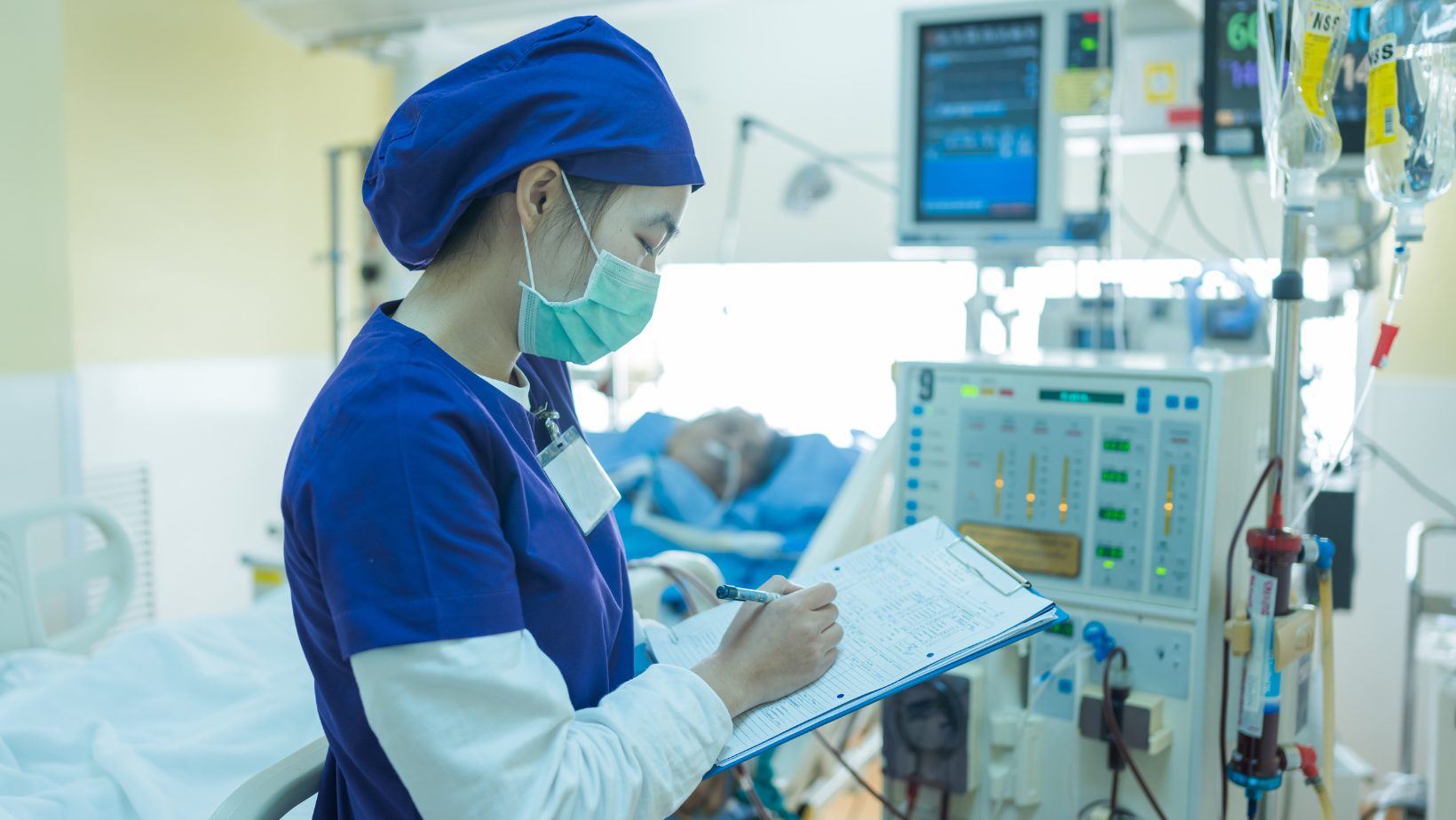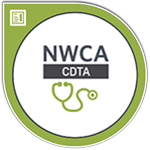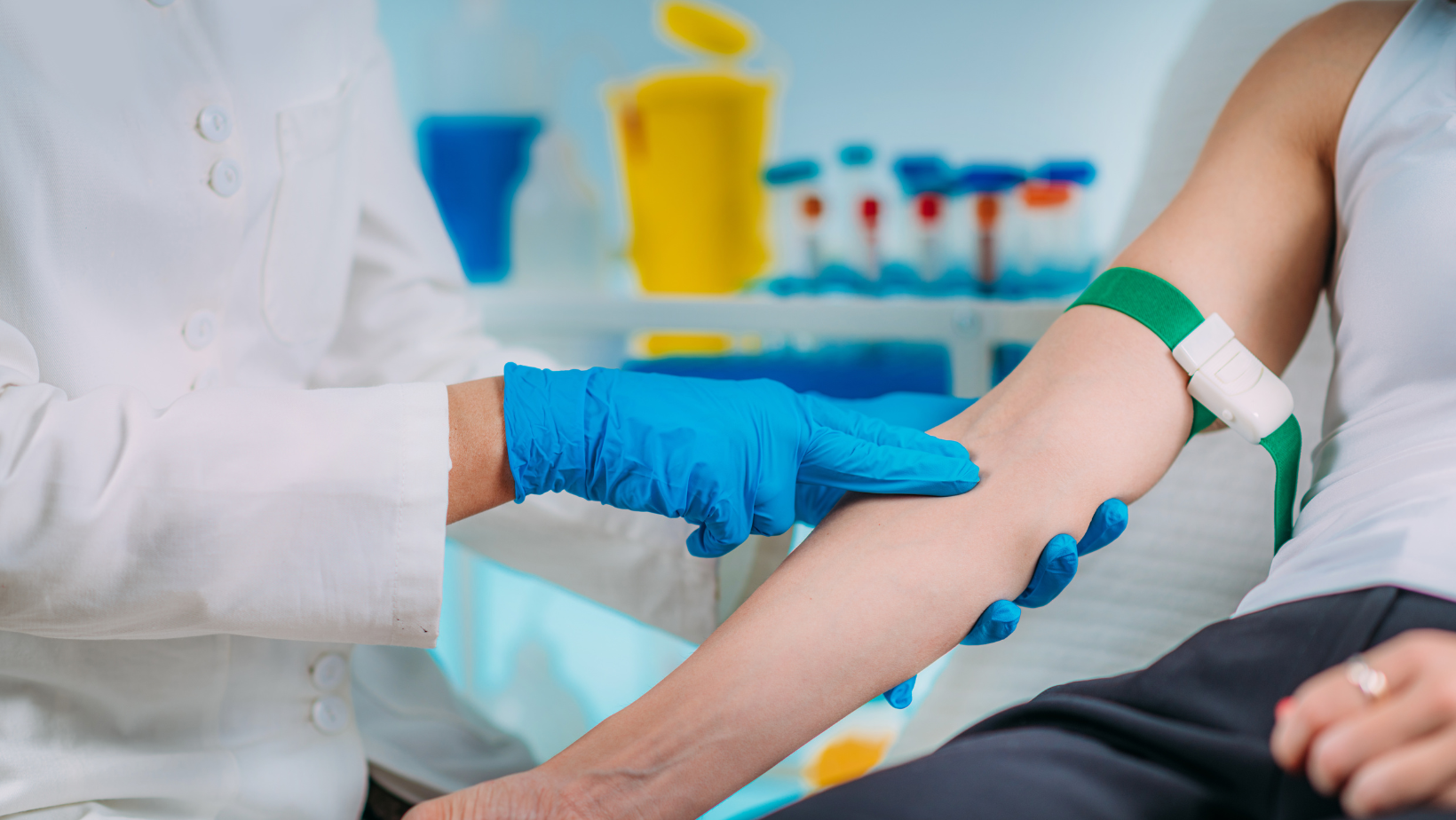Dialysis Technician

As kidney failure continues to be a growing national health problem, kidney disease is driving the growing demand for well-trained dialysis technicians. Dialysis technicians are employed in hospitals, outpatient clinics, and other medical facilities. While most technician training has historically been done “on-the-job,” today’s healthcare employers are seeking well-trained technicians who possess the necessary knowledge and skills to fill this growing number of positions.
This program provides learners the knowledge and skills needed to perform the duties required of dialysis technicians. Under the supervision of physicians and registered nurses, dialysis technicians operate kidney dialysis machines, prepare dialyzer reprocessing and delivery systems, as well as maintain and repair equipment. Furthermore, technicians work with patients during dialysis procedures and monitor and record vital signs, as well as administer local anesthetics and drugs as needed. Dialysis technicians must assess patients for any complications that occur during the procedure and be ready to take the necessary emergency measures, including administering oxygen or performing basic cardiopulmonary resuscitation. Additionally, they may also be involved in the training of patients for at-home dialysis treatment and providing the emotional support patients need for self-care.
Program Objectives
After completing this program, learners will be able to:
- Explain basic chemistry of body fluids, renal physiology, and the pathology of renal failure
- Explain the principles of hemodialysis including the dialysate, dialyzer, delivery system, and water treatment for dialysis
- Explain the safety procedures in performing the tasks assigned to the dialysis technician
- Identify specific supplies, equipment, and medications used in selected dialysis procedures
- Explain the precautions and guidelines in performing the preparation, assessment, monitoring, and care of a dialysis patient
- Define quality of care, and explain the impact of medical care on a patient when quality and safety are compromised in dialysis procedures
- Describe dialysis personnel in terms of team members and roles, treatment and intervention skills, related professional organizations, and historical leaders
Certification Opportunities
After completing this program, learners will have the opportunity to take the leading national/industry-recognized certification exam(s) essential to entry-level employment in this fast-growing field.
National Workforce Career Association (NWCA) Certified Dialysis Technician Associate (CDTA)
Register at:
https://qcccuny.edu2.com/product/4854/dialysis-technician
Skip Date: 06/19
Dialysis Technician Program - QCC
Tuition - $1,900; Total Hours - 50 hour + 100+ hour clinical externship
HYBRID: Monday & Wednesday via zoom
Monday June 10 6:00pm - 8:30pm
Wednesday June 12 6:00pm - 8:30pm
Monday June 17 6:00pm - 8:30pm
NO CLASS June 19 NO CLASS
Monday June 24 6:00pm - 8:30pm
Wednesday June 26 6:00pm - 8:30pm
Monday July 1 6:00pm - 8:30pm
Wednesday July 3 6:00pm - 8:30pm
Monday July 8 6:00pm - 8:30pm
Wednesday July 10 6:00pm - 8:30pm
Monday July 15 6:00pm - 8:30pm
Wednesday July 17 6:00pm - 8:30pm
Monday July 22 6:00pm - 8:30pm
Wednesday July 24 6:00pm - 8:30pm
Monday July 29 6:00pm - 8:30pm
Wednesday July 31 6:00pm - 8:30pm
Monday August 5 6:00pm - 8:30pm
Wednesday August 7 6:00pm - 8:30pm
Monday August 12 6:00pm - 8:30pm
Wednesday August 14 6:00pm - 8:30pm
Monday August 19 6:00pm - 8:30pm
What you'll learn
-
Learn the knowledge and skills needed to perform the duties required of dialysis technicians.
Operate kidney dialysis machines, prepare dialyzer reprocessing and delivery systems, as well as maintain and repair equipment.
Work with patients during dialysis procedures and monitor and record vital signs, as well as administer local anesthetics and drugs as needed.
Skills you'll gain

Earn a Career Certificate
Prepare for the National Workforce Career Association Dialysis exam.

Nursing Assistants
Median Salary
The median salary in the New York metropolitan area is $45,500, in New York State $44,080, and $38,200 in the United States*.
Get StartedAlso called Certified Nurses Aide (CNA), Certified Nursing Assistant (CNA), Nursing Assistant and Patient Care Assistant (PCA)
*Based on U.S. Bureau of Labor Statistics Occupational Employment and Wage Statistics (USBLS OEWS)
📈 Outlook
This career will have large numbers of openings.
🚪 Openings
New job opportunities are very likely in the future.
Similar Courses

Sterile Processing Technician
Sterile Processing Technician (Voucher Included)
Prepare for a career as a Sterile Processing Technician (SPT). This immersive course will train you to work as an SPT and prepare you for the Certified Registered Central Service Technician (CRCST) certification from the HSPA.
Register through ED2GO:
sterile-processing-technician-voucher-included
Overview
Sterile Processing Technicians (SPT), also known as Central Service Technicians, play a critical role in preventing infection by sterilizing, cleaning, processing, assembling, storing, and distributing medical supplies. This online sterile processing technician certification course will train you to work as an SPT and prepares you for the Certified Registered Central Service Technician (CRCST) certification offered by the Healthcare Sterile Processing Association (HSPA). This course also includes a voucher which is prepaid access to sit for the certification exam upon eligibility.
With the support of an instructor, you will learn all the necessary steps required to perform the duties and tasks of an SPT. In this sterile processing technician training course, you will learn the details and expectations within the concepts of the role and gain proficiency in understanding the step-by-step requirements of the sterilization process.
The course also includes an opportunity to participate in an clinical experience.
Disclaimer: To qualify for the clinical experience application process, students must complete the online course successfully and have account balances up to date (at a minimum). Going through the clinical experience application process does not guarantee a placement. However, affiliated partnerships increase the likelihood of finding a site that matches student needs. COVID may be affecting the capacity of availability in your area.

Phlebotomy Technician




